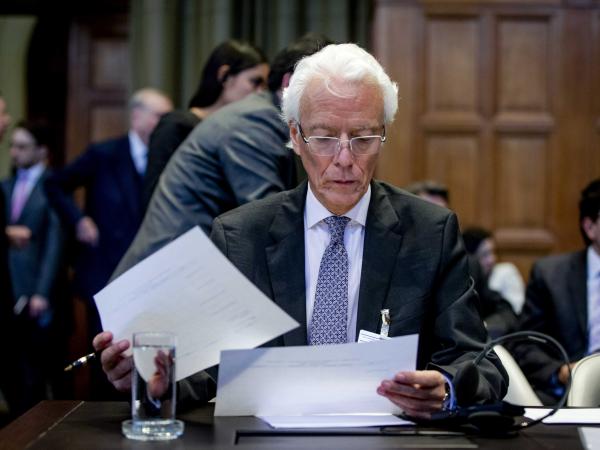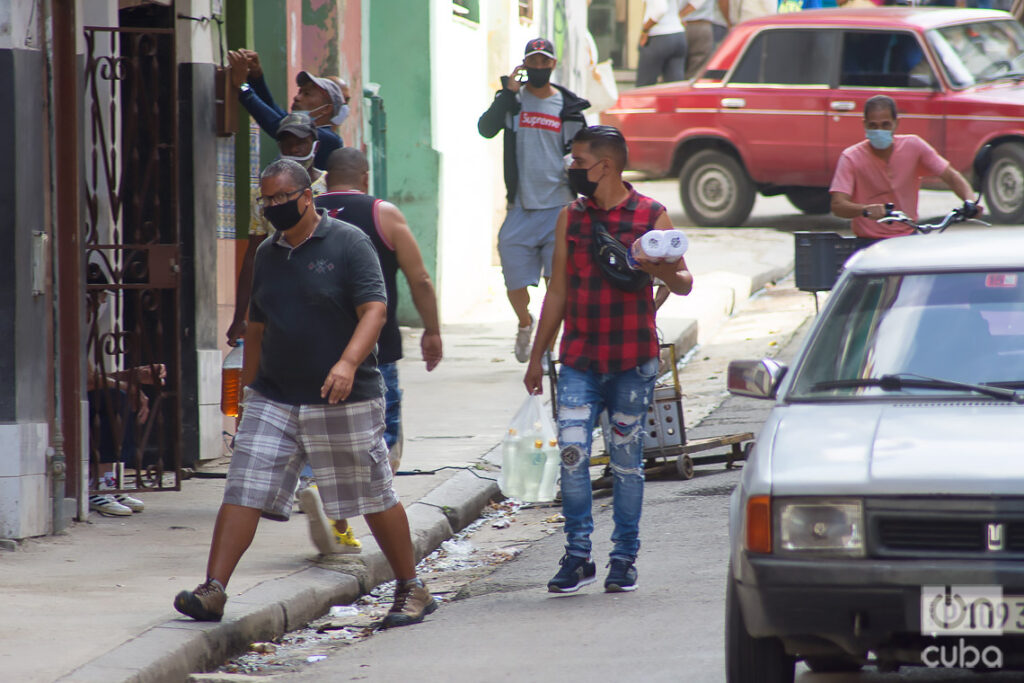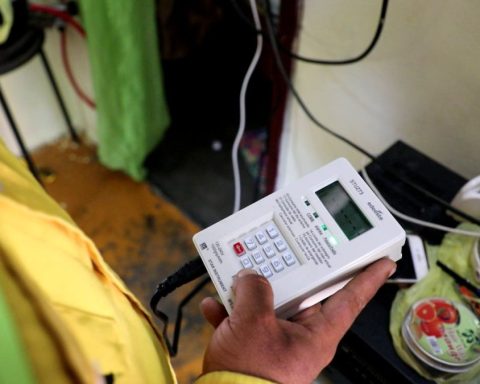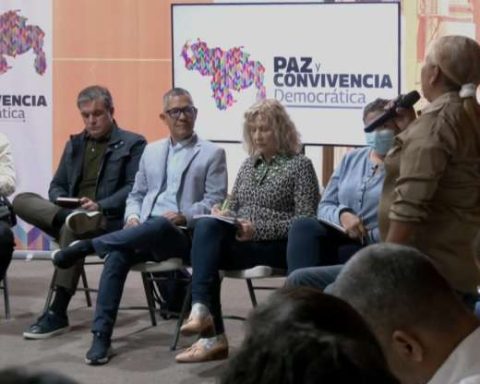Following the ruling of the International Court of Justice (ICJ), The national government stepped in to clarify the situation of the Raizal community and fishermen regarding this activity.
(Fishermen in San Andrés await a decree after the ICJ ruling).
Despite the fact that the international legal body did not grant fishing rights in the entire area, Arrieta highlighted recognition of the Raizal community and its transit and fishing rights within national waters.
On the other hand, the Court did not recognize Colombia’s counterclaim against the Nicaraguan about violating the rights of the Raizal communities and their practice of artisanal and subsistence fishing. Regarding this, the ICJ asked the countries “negotiate” to define the scope of these activities.
(What gains and what loses Colombia after the failure of The Hague).
“The condition of the Raizales did not change. It is a little better today than it was before, because that recognition and invitation was made. From that point of view, the idea is to protect the Raizales while a solution is sought, because you cannot stop people from going fishing in an area they have always gone to. That doesn’t make any sense politically.” Arrieta commented to Noticias RCN.
BRIEFCASE
















